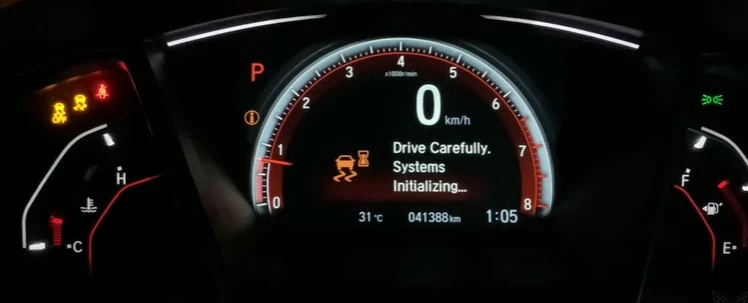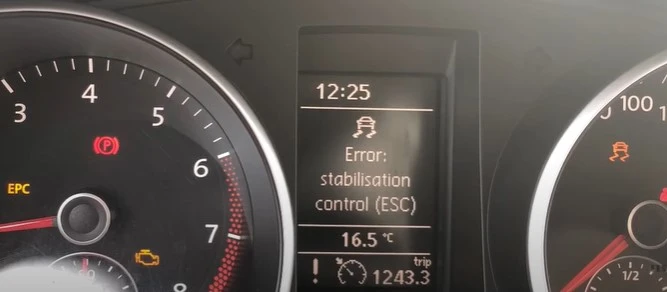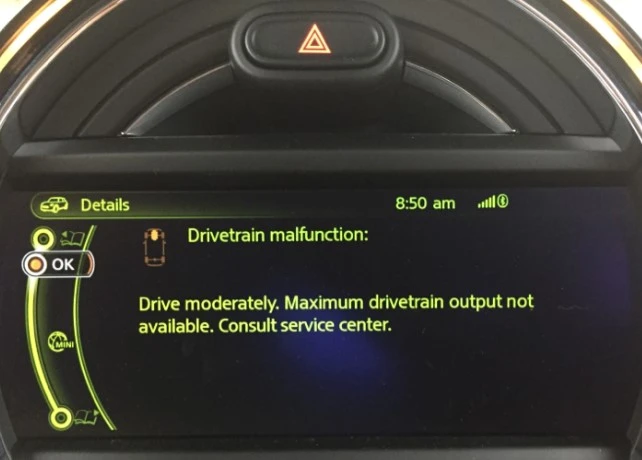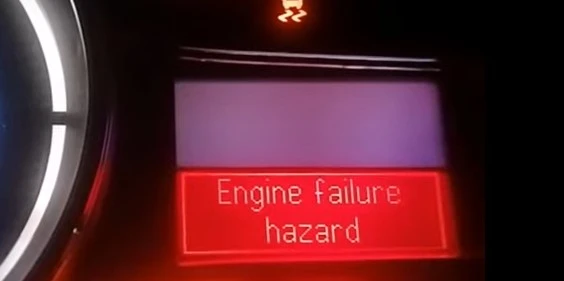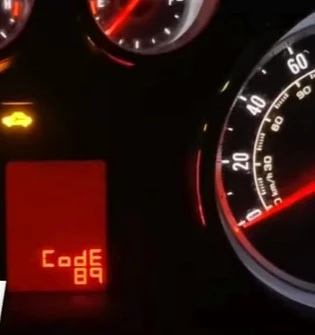Braking System Fault Renault (Causes and Fix) In 2025
If you’re experiencing a Braking System Fault Renault vehicle, you’re not alone. Braking system issues are a common concern among car owners, and when they happen, it’s essential to act quickly to ensure both your safety and the proper functioning of your car.
In this guide, we’ll walk you through the causes, symptoms, and solutions for a braking system fault in a Renault, so you can get your car back on the road safely.
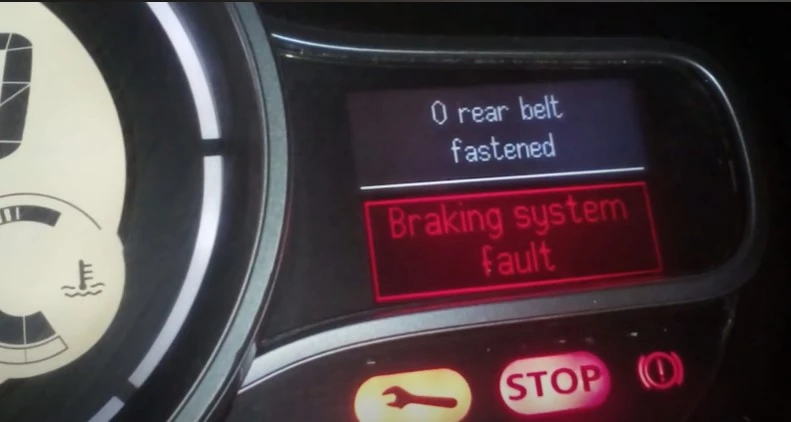
Common Causes of Braking System Fault Renault Vehicles
A braking system fault can stem from a variety of issues. Identifying the root cause of the problem is the first step in fixing it. Here are some common causes for a braking system fault in your Renault:
1. Worn Brake Pads or Discs
Over time, your brake pads or discs can become worn down due to regular use. When this happens, the braking efficiency can decrease, and your car may trigger a fault warning.
2. Brake Fluid Leaks
Brake fluid is essential for the proper functioning of your braking system. A leak in the brake lines or cylinder can lead to a loss of fluid, causing your brake system to malfunction.
3. Faulty ABS System
Renault vehicles are equipped with an Anti-lock Braking System (ABS) that helps prevent your wheels from locking up during braking. If the ABS system is faulty, it can trigger a braking system error.
4. Sensor Issues
Modern Renault cars rely on various sensors to monitor the braking system. A faulty sensor or wiring issue can cause an error to appear on your dashboard.
5. Electrical Problems
Electrical faults within the braking system, such as damaged wires or a malfunctioning control module, can also result in a braking system fault message.
How to Identify a Braking System Fault in Your Renault
Recognizing the signs of a braking system fault early on can help prevent further damage. Here are some symptoms to look out for:
1. Warning Light on the Dashboard
The most obvious sign of a braking system fault is the appearance of a warning light on your dashboard. This light may look like a red brake warning light or the ABS light.
2. Unresponsive Brakes
If you notice that your brakes feel less responsive or require more force than usual to stop the car, it could be a sign of an issue with your braking system.
3. Strange Noises
If your car is making grinding or squealing noises when braking, it could indicate worn-out brake pads or discs, which can trigger a fault warning.
4. Pulling to One Side
If your Renault pulls to one side when you apply the brakes, it might mean there’s an issue with the brake calipers or an imbalance in brake fluid pressure.
How to Fix a Braking System Fault in Renault
If you’ve identified a braking system fault in your Renault, it’s crucial to take immediate action. Here are the steps you can take to resolve the issue:
1. Check Brake Fluid Levels
Start by checking the brake fluid levels in your Renault. If the fluid is low, top it up with the recommended fluid for your vehicle. Be sure to check for leaks in the brake lines or around the brake fluid reservoir.
2. Inspect Brake Pads and Discs
Worn brake pads and discs need to be replaced as soon as possible. Inspect them for wear, and if they appear damaged, have them replaced by a professional mechanic.
3. Reset the ABS System
If your Renault has a faulty ABS system, it may need to be reset or recalibrated. A qualified technician can do this for you.
4. Replace Faulty Sensors or Wiring
If the braking system fault is caused by faulty sensors or wiring, these components will need to be replaced. A mechanic will be able to diagnose the exact issue and replace the defective parts.
5. Consult a Professional Mechanic
If you’re unsure about the cause of the fault or the necessary repairs, it’s always best to consult with a professional Renault mechanic. They can perform a full inspection and identify any underlying issues with the braking system.
People also ask
What does braking system fault mean?
A braking system fault means there’s an issue with your vehicle’s braking system that affects its performance or safety.
This can be caused by problems such as low brake fluid, worn brake pads, a malfunctioning ABS system, or sensor and electrical issues.
When this fault occurs, your vehicle may display a warning light on the dashboard, signaling that the brakes may not be functioning properly and need attention.
What is the warning braking system on a Renault?
The braking system warning on a Renault typically appears as a red warning light on the dashboard, often shaped like a circle with an exclamation mark inside or labeled “BRAKE.”
This indicates a problem with the braking system, such as low brake fluid, worn brake pads, or an issue with the ABS system. If this light comes on, it’s important to check the brakes immediately and have the car inspected by a professional.
Can I drive with braking system fault?
It is not safe to drive with a braking system fault. If the warning light is on, it indicates a potential issue that could compromise your ability to stop the vehicle properly, increasing the risk of an accident.
It’s best to have the problem inspected and fixed immediately before driving.
How to fix braking system fault Renault Trafic?
To fix a braking system fault on a Renault Trafic, follow these steps:
Check Brake Fluid: Ensure the brake fluid level is adequate and top it up if necessary. Look for leaks around the brake lines.
Inspect Brake Pads and Discs: Check for wear and replace them if needed.
ABS System Reset: If the ABS light is on, the system may need to be reset or recalibrated by a professional.
Check Sensors and Wiring: Inspect for faulty sensors or wiring, which may need replacement.
Consult a Mechanic: If the problem persists or you’re unsure, take the vehicle to a professional for a thorough inspection and repair.
Conclusion: Don’t Ignore a Braking System Fault in Renault
A Braking System Fault Renault can pose serious safety risks. If you notice any warning signs or experience issues with your brakes, it’s important to take immediate action.
Whether it’s topping up brake fluid, replacing worn-out components, or addressing more complex electrical or sensor issues,
ensuring that your braking system is in top condition will keep you safe on the road. Always seek professional help when in doubt and never ignore a brake system fault warning.

